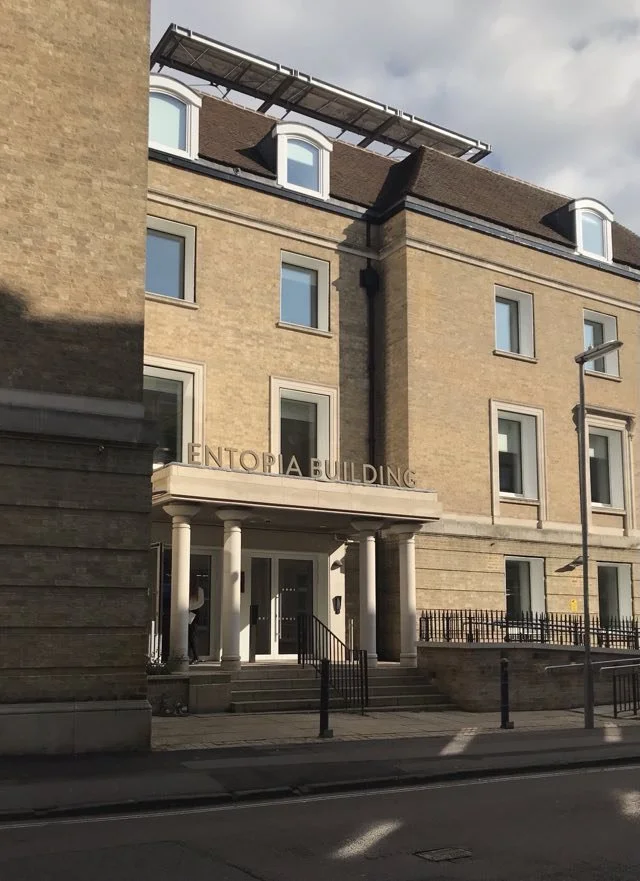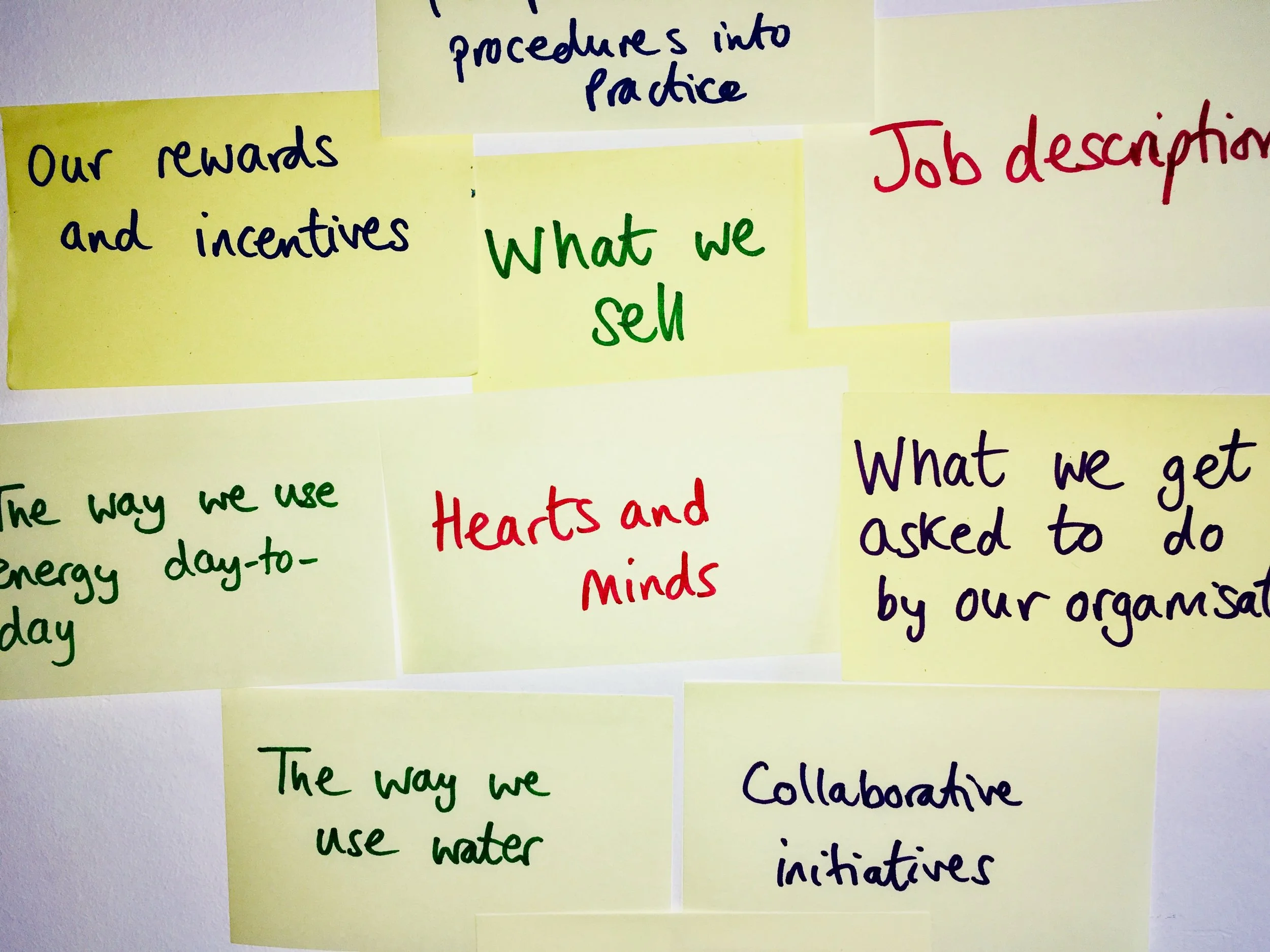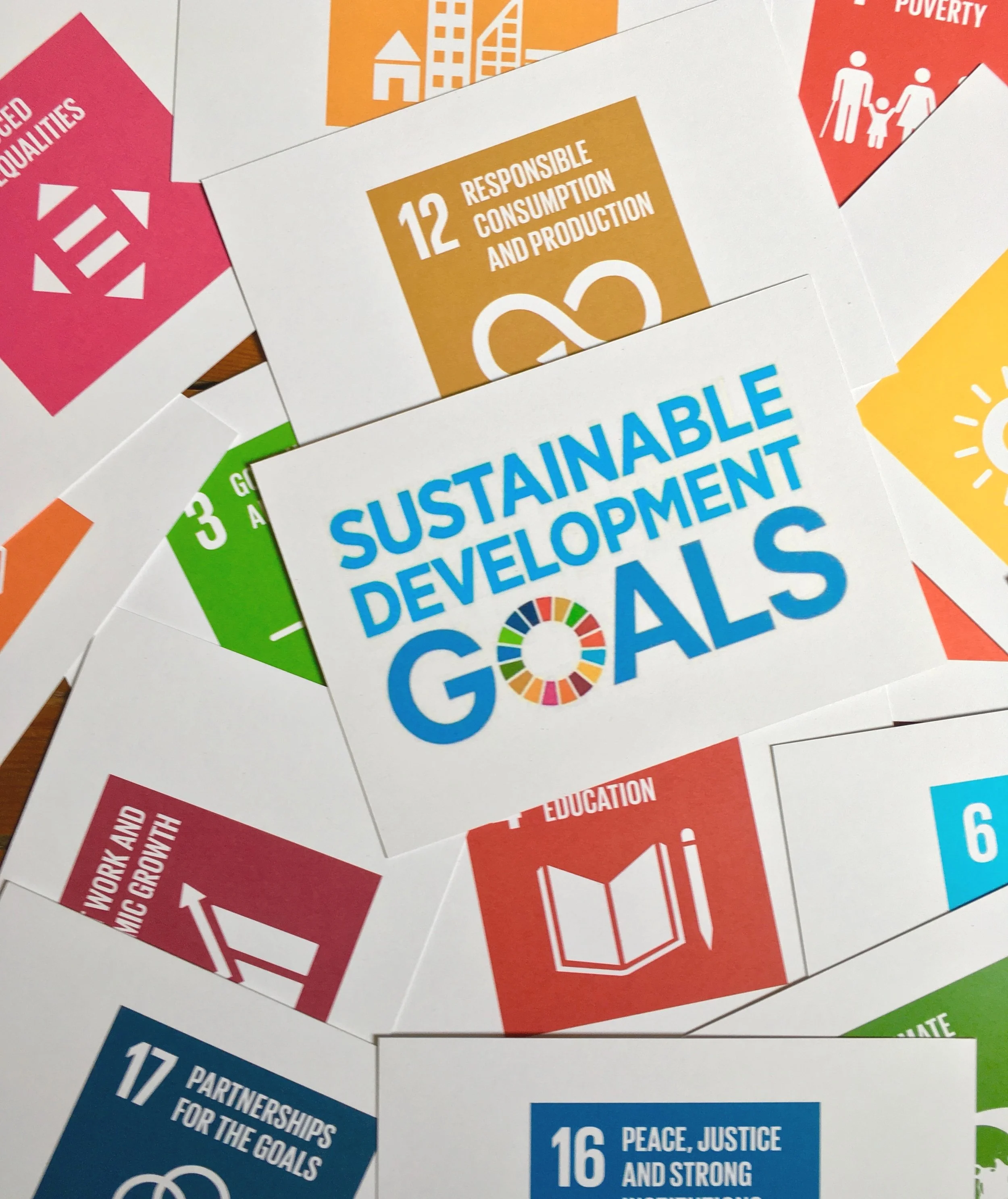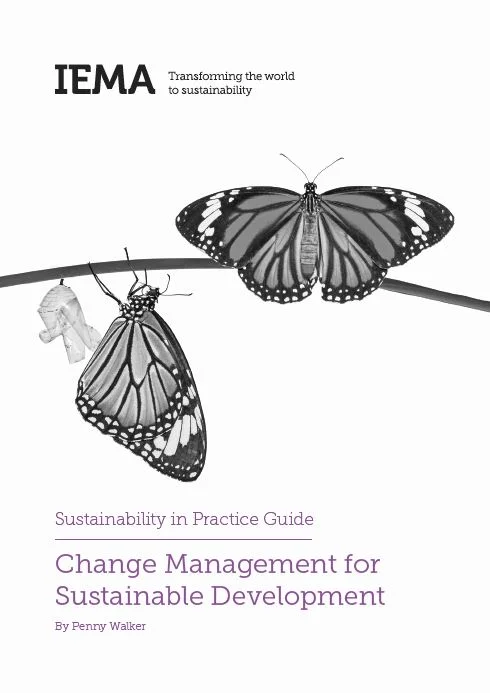I've danced on eggshells and walked on thin ice (metaphorically). I've trodden on carpets, lino, floorboards, polished concrete, bricks, tiles and flagstones, non-metaphorically. But the floor of Wednesday's meeting space was made of large metal tiles and that was a first. They've probably been there, under my feet, in any number of office blocks as part of the raised-access flooring, but always covered with something else. The dull gleam and grey reflections were a subtle sign that the building was a bit unusual. "This is not an ordinary project. But it needs to be." Read more…
Troika consulting
I explained my dilemma to the other two people in my ‘troika’ group, and then turned my back. For the next few minutes, they discussed the problem as if I wasn’t there. I heard empathy, I heard honesty. They were free to talk to each other about what I’d said without worrying about me becoming defensive, or correcting them. They also said what they’d intuited about what I’d not said. It was liberating for us all.
Change Management for Sustainable Development - downloadable worksheets
Does this business deserve to survive?
There are brilliant, committed sustainability professionals working hard inside or with some of the most insidious and damaging businesses. Can we turn them into low-carbon, equitable and just institutions working for noble purposes? Or is the best we can do to make them a little less awful? Before we begin working with a business that is in the 'bad' zone, how can we know?
Taking a systems view of plastic
What might change, when an organisation changes?
When you think about the changes you want to bring about, to make your organisation or sector more sustainable, what do you see changing? Do you have blind spots about where change might happen, and how deep or how obvious it will be?
Edgar Schein’s Three Levels of Culture model is a great way of understanding what might change, as an organisation or other entity changes. It’s useful to think very widely about the kinds of things that might change – or need to change – to get us on track for sustainable development.
Managing the change to sustainability
Croner-i’s “Environment” magazine asked me to share key insights from Change Management for Sustainable Development. That article is out now, in the spring edition (no. 74).
You can download it here.
Tldr:
Understand where your organisation is now…
How can business contribute to the Sustainable Development Goals?
Businesses - acting alone or, better still, collaborating - can do so much to help society meet the Sustainable Development Goals (or Global Goals).
Whether it’s reducing emissions from travel and energy use, making sure women and minority groups are able to progress, or cutting unnecessary plastic, there is so much to put right. And there are organisations, tools and initiatives to help you.
Find out more in the series of articles I wrote for The Environmentalist. A complete set is available in pdf here.
The business case for sustainable development
If you want sustainability to move from being a nice-to-have, to being a must-have, at some point you will need to show that there’s a business case for it: that your organisation will meet its core mission better, faster, cheaper by paying good attention to sustainability than by ignoring it.
What does the business case look like in your organisation?
'Greening' our practice as facilitators
The two worlds I straddle - sustainability and process - interweave in all sorts of ways. And one of those ways involves challenging myself, and other facilitators, about the sustainability of our own practice. And although I've called this blog post 'greening' our practice, of course there are the social and ethical aspects of sustainability as well as the environmental ones to consider.
Change management for sustainable development - 'a coach in your pocket'
Are you an environment or sustainability specialist, working to help your organisation step up to its role in bringing about a sustainable future? Want to make more of an impact? I want you to as well! Which is why I was so pleased when IEMA invited me to write a second edition of Change Management for Sustainable Development.
And when one of our peer readers said "it's like having a coach in your pocket", I was really happy, because that's exactly what I wanted it to be.
Surfing a wave of change - #OurBluePlanet
What difference does the business model make?
There's a lot of talk about the need for new business models, for sustainable development. What might make one business inherently more sustainable than another? What kind of businesses are embracing their special role in bringing about a sustainable society? Or helping us transition?
We in the sustainability movement sometimes struggle to understand the concept of a business model at all. What is a business model? How do you distinguish between one model and another?
Final places remaining - book now! Still conversations for sustainability leaders
Work, growth, innovation and equality - Sustainable Development Goals and business
Stonewall and P&G's work to promote equality for LGBT staff in Spain, Rype Office's repurposed office furniture for Public Health Wales, Willmott Dixon Interiors working with the Amber Foundation to help vulnerable youngsters into work... These are just some of the businesses featured in part six of my seven part series for The Environmentalist on how business can help support the SDGs.
Where next for your sustainability strategy?
In these turbulent days, with right-wing populist movements rising and an unpredictable political context, you may be asking yourself how this should be reflected in your sustainability strategy.
Perhaps there are critical business and organisational issues which need addressing, regardless of political uncertainty.
Carousel in action
Clean energy, thriving cities: Sustainable Development Goals #5
Bringing affordable off-grid renewables to remote communities in developing countries; using cutting-edge data analysis to save money and carbon in modern buildings; micro-managing students' energy use to balance the national grid: some of the brilliant things that are featured in the latest of my series on how businesses are helping contribute to meeting the Sustainable Development Goals.
Peer learning workshops - some emerging ideas
I'm excited about ideas for peer learning workshops that have been bubbling away in my head and are beginning to take shape.
Focused, coachy, peer learning
I want to bring together sustainability people of various kinds, to be able to talk with each other about their challenges and ideas in a more expansive and easeful way than a conference allows.
People really benefit from being able to think aloud in coaching conversations. I've seen the transformations that can happen when supportive challenge prompts a new way of looking at things.
We also get so much from comparing our own experiences with peers: finding the common threads in individual contexts, exploring ideas about ways forward.
I’d like to combine these things by making the peer learning available in smaller groups and smaller chunks, where the atmosphere is more like coaching.
What's the idea?
The idea is to run half-day workshops, with between 6 and 10 people at each event. The intention is that they are safe and supporting spaces, where people can talk freely. We'll meet in spaces that are relaxed, creative, private, energising and feel good to be in. (More comfortable than the stone steps in the picture.)
Each workshop would have a theme, to help focus the conversations and make sure people who come along have enough in common for those conversations to be highly productive.
I'd run a few, on different themes, and people can come to one, some or all of them. They don't have to come to them all, so the mix of people will be different for each workshop.
I'd charge fees, probably tiered pricing so that it's affordable for individuals and smaller not-for-profits, but commercial prices for bigger and for-profit organisations.
The content of each workshop will come from the participants, rather than me: my role is to facilitate the conversations, rather than to teach or train people.
Choices, dilemmas, testing
When I've tested this idea with a few people, many have said that the success of the workshops will depend on who else is there: people with experience, insight, credibility. People they feel able to trust, before they commit to booking. I think this is useful feedback.
On the other hand, I'm unsure about the best way to ensure this. Is it enough to include a description of "who these workshops are for" and leave it to people to decide for themselves? Or should I set up an application process of some kind: asking people who apply to include a short explanation of who they are, what their role and experience is, and why they want to come along.
If I set up an 'application' process, will that be off-putting to the naturally modest? Too cumbersome? Adding extra steps (apply, wait, get place confirmed, then pay...) feels risky: at each step, the pool of likely participants will get smaller. Will this make the workshops unviable? Who am I to choose, anyway?
Another option is to make the workshops 'by invitation' with people having the option of requesting an invitation for their friends, peers, colleagues - or even themselves. This is what I'm leaning towards at the moment, based on gut feel.
Will this increase people's confidence in the workshops - that not just anyone gets a place, their peers will provide quality reflections and be people worth meeting? Will it make those people who do get an invitation feel special, better about themselves?
And will I really turn down anyone who asks for an invitation? What will they feel?
I've set up a survey to gather views on this, as well as on the topics that will be most interesting to people. Please let me know here where's there a short survey. Discounts and prizes available!
How it feels to experiment
I'm not a natural entrepreneur. Some people love to experiment and learn from failure. Fail faster. Fail cheaper. Intellectually I'm committed to experimenting with these workshops: testing out ideas about formats, marketing, pricing, venues, topic focus vs emergence, length, the amount of 'taught' content vs 'created' content and so on.
Emotionally: not so much. I want to get everything right before I start (which is why it's taken me about six months to even get to this stage). I'm getting great support from lots of people, and boy do I need it. Even sitting here, I can feel the prickly, clammy, cold physical manifestations of the fear of failure.
I need to move through the fear and into the phase of actually running some test workshops. I know they'll be great. I can see the smiles, feel the warmth, visualise the kind of room we're meeting in and the I already have the design and process clear. I have a shelf of simple but beautiful props in my office. I am 100% confident about the events themselves, it's the communications and administration of the marketing that freaks me out.
Learning from the learning
So already I'm learning. About myself, about what people say they need, about how venues can be welcoming or off-putting, about how generous people are with their time and feedback.
Sweet like chocolate - protecting Earth's life support systems
In the fourth of my series on business and the Sustainable Development Goals, I found out about how Nestle and Mondelez are working to secure their long-term supply of cocoa, about how companies are calling for greater action on carbon emissions and how the pension fund of England's environment regulator is divesting from fossil fuels. This part of the series looks at Goal 13 Climate Action and Goal 15 Life on Land.
You can see the article over at The Environmentalist's website here. Login if you are a subscriber or an IEMA member, or register for a free trial. If that's not for you, the pdf is here.
Explorer Inge Solheim raised a flag representing Goal 13, Climate Action, in the community closest to the North Pole, to support the UN Global Goals for Sustainable Development. Image c/o Global Goals media centre.



















